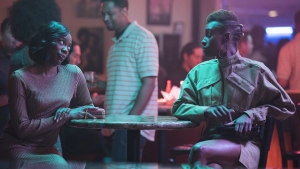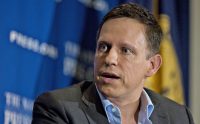Why Yvonne Orji’s Molly Is The Most Necessary Character On “Insecure”
Much like so many other social issues plaguing the world, pay inequality between men and women is most definitely still “a thing”–and it’s even more of “a thing” for black women. The disparity in pay because of gender is dramatic enough, but when it intersects with race, the numbers become even more stark. According to the Economic Policy Institute, black women with comparable educational attainment to white men have been consistently paid far less. For example, the average wage for black women with advanced degrees is $31.57 compared to white men in the same category earning $48.27.
The pay gap for black women has sparked its own day of awareness, Black Women’s Equal Pay Day, which falls on July 31 to underscore the extra seven months after April’s Equal Pay Day that black women would need to work in order to catch up. With all the hard data backing up the implicit experience of so many black women, it’s only natural that this topic would work its way into pop culture, most recently so in HBO’s Insecure.
Issa Rae’s YouTube series turned major cable comedy became an instant phenomenon for anyone who just likes smart writing and good TV, but even more so for the black community.
Couched in the comedy are real issues facing the black community like the need for therapy and, of course, pay inequality–and Yvonne Orji’s character Molly has somehow become the lightning rod for both.
Toward the end of season one, Issa’s suggestion that Molly try therapy to help process her behavior was instantly rebuffed, which, unfortunately, is often the case for many black people–a stigma that’s rooted in a number of reasons that include a lack of black therapists, the lean on religion to pray problems away, etc. However, at the start of season two, we see a skeptical, yet nonetheless present, Molly in a therapy session–with a black female, no less.
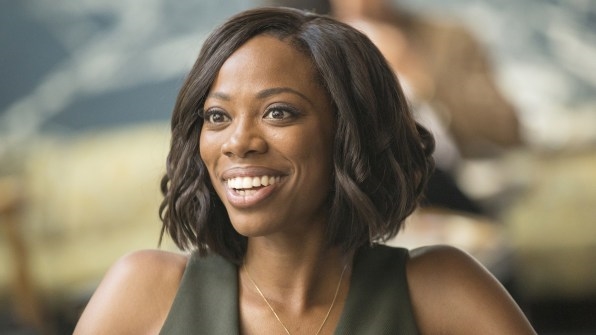
“There are black therapists who messaged me on social media saying, ‘tell Molly that it’s not all bad! There are good psychiatrists out there–it’s not a dirty word!’” Orji says. “I think they’re hoping this is portrayed in a way that encourages people to go and seek their services.”
And people have.
In addition to the willingness to seek therapy, Orji has also seen her character influence women to try and close that pay gap, a story arc that’s playing out in Insecure‘s current season.
“One lady even said thanks to this episode, I was able to go in and ask my boss for a raise. I know I’m still getting less than what I deserve but I’m getting more than I was before,” Orji says.
Orji credits those real-life results to Rae and showrunner Prentice Penny’s specific vision for Insecure, as well as their commitment to writing in stories that are rooted in something personal.
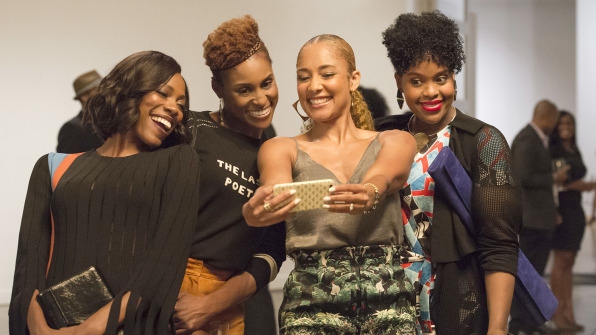
“They keep it grounded in truth and in reality,” Orji says. “As long as it’s happened before or they know someone that it’s happened to, it goes in because they never want to be reaching for straws and making stuff up. And it helps [us as actors] have that truth to ground us in our performances.”
As tied to personal experiences as the storylines on Insecure may be, there aren’t always clear-cut answers for some of the topics that are broached in the show, which, in Orji’s opinion, is a strong suit. Take, for example, Molly’s all-too brief romance with Jared (Langston Kerman). All was well between the two until Jared disclosed to Molly that he had hooked up with a guy in the past. It was something Molly couldn’t get over but her friends weren’t necessarily in consensus with her.
“What we do really well on the show is we lob topics–we don’t ever give you a yes or no answer, like this is right or this is wrong,” Orji says. “We throw it up and we have discussions. We have some characters who feel a certain way about a topic and some of our characters who feel another way about it. That’s all you could ever ask, is for people to have real human conversations and dialogue that leads to, at least if nothing else, understanding.”
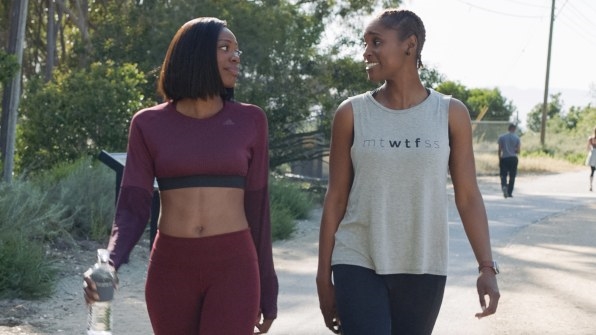
Starting those dialogues around mental health and pay inequality in the black community–and more importantly among black women–is a large part of Insecure‘s continued success. The show gracefully walks the line of bringing up these vital issues without coming across heavy handed. And the deep resonance from that within the community is something Orji is still learning to process.
“For us, it’s like, we’re making TV and we know the significance [of the show] but then it’s like no, this is really a moment for [black people] that encompasses so many different things,” Orji says. “It gives you some pause and it gives you a moment to put things in perspective.”
Fast Company , Read Full Story
(91)

